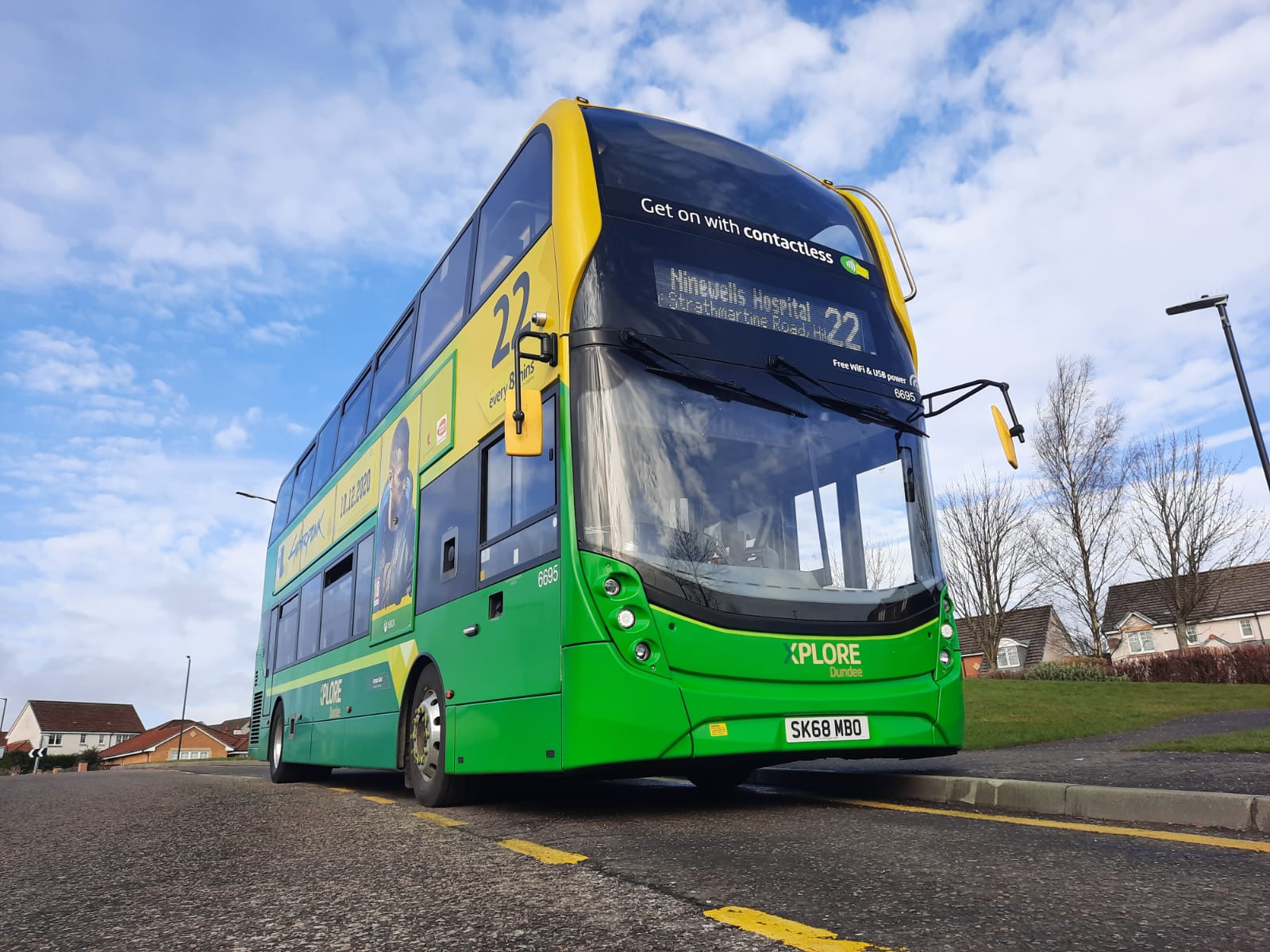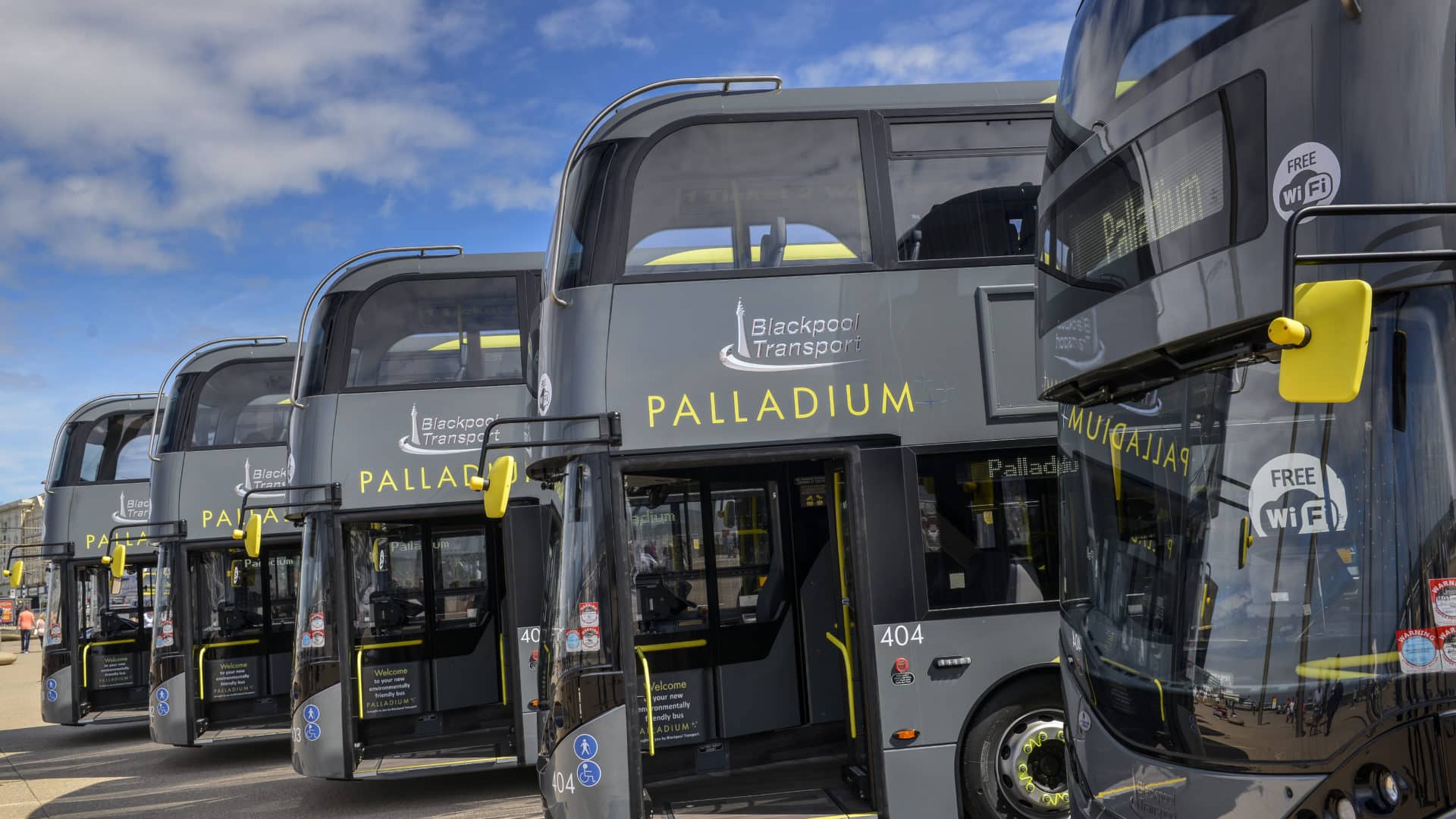Benefits of mobile ticketing in public transport
Faster boarding times, savings on cash handling, hassle-free scalability, real-time ticket usage, valuable customer feedback — mobile ticketing presents multiple advantages.
23rd Jan 2017


Look around any bus and you’ll see riders staring deeply into their mobile phones. You may rue a bygone era but like it or not, there are few left without mobile technology in their pockets.
It is well known that paying by cash when boarding can cause delays on journeys, not to mention the frustration of fellow passengers when they have to wait as newcomers fumble in their pockets for coins. Large cities like Nottingham and Edinburgh have tried to work around this by not giving change back when boarding with cash. Whilst faster, this isn’t a great customer experience as passengers are clearly not getting the best value possible.
Transport for London moved a step further in 2014 by introducing cash-free bus travel across the capital, following continued growth in Oyster and contactless.
- A recent experiment carried out by First Bus clearly showed that ‘flash pass’ based mobile ticketing can reduce boarding time up to 75% compared with paying by cash.
- Driver validation of mobile tickets is already established practice and is the quickest type of checking a ticket currently available.
- Smart cards can sit for what feels like an age on some Electronic Ticket Machine (ETM) readers before getting the green light and QR scanning systems for mobile phones need to be high-end to achieve the read speeds that you’ll have experienced at a major airport.
But fast boarding times are not the only advantage of mobile ticketing in the public transport sector. With people, counting and transportation to the bank involved, cash handling is an expensive process, costing £18 billion annually in the UK alone. Reducing it can save a considerable amount of money too.
One could argue that the reduction of cash handling is already well covered by smart-card systems. However, moving your ‘smart’ ticketing strategy to mobile creates additional opportunities well beyond what traditional smart-card systems are capable of. The obvious ones include a much faster time to market since the need to buy and install new hardware simply isn’t there. The administrative overhead of creating and delivering thousands of plastic cards to customers is also removed, not an insignificant task for marketing and operations teams that are often already under huge pressure to deliver improvements in customer satisfaction and increased passenger numbers.
Possibly the most interesting advantage is scalability: the cost doesn’t increase at anything near the same rate as your customer base, helping operators to avoid the pitfall of a new system becoming a victim of its own success.
Thousands of passengers already travel with mobile ticketing. By collecting data from so many journeys we can discover statistically significant trends and behavioural patterns, including the identification of live disruptions that comes from the ability to harness this new source of location data in real-time. At the same time, such information creates new marketing opportunities directed to individual customer needs.
Having a mobile app opens a new 24/7 window of interaction with your customers. Effectively managing this opportunity can increase customer satisfaction and promote a positive brand awareness.
Smartphone devices are already owned by 81% of the UK population, one of the countries with the highest smartphone usage. For customers, mobile ticketing is a no-brainer. There is no need to worry about cash or having exact change. Actually, figures show that cash payments are decreasing at a fast pace and are expected to drop down to 27% from the current 45% by 2025. With the prevalence of free WiFi and inclusive data in mobile plans, customers can buy tickets wherever they are, whether at home or on the go.
Customers are also demanding access to passenger information such as timetables and departure times from their phones. Conveniently providing this within an app, and ideally the same app as the mobile ticket, reduces the requirement for drivers to be customer service agents too and avoids slowing down the service as the driver switches between their many duties. It’s an increasingly demanding job, as congestion steadily increases and everyone’s patience is tested as a result. Any new technology that allows staff to thrive and deliver well every day can only be a positive force in running an effective transport network.
If you’d like to have a chat about how we can help you to implement a successful mobile ticket system, please get in touch.

Newsletter
We care about protecting your data. Here’s our Privacy Policy.
Related news

30th Nov 2022
Xplore Dundee steps up contactless customer experience
Xplore Dundee has successfully gone live with Passenger’s Contactless Journeys capability, supporting the launch of contactless daily capping.

29th Dec 2022
Making ticket purchase easier for new customers
Giving more information up front to the new customers that are attracted to use the bus for the first time over the coming months.

30th Sep 2022
Blackpool goes live with multi-modal contactless journeys portal
Blackpool Transport has successfully gone live with Passenger’s new Contactless Journeys capability across its bus and tram network.

Start your journey with Passenger
If you want to learn more, request a demo or talk to someone who can help you take the next step forwards, just drop us a line.